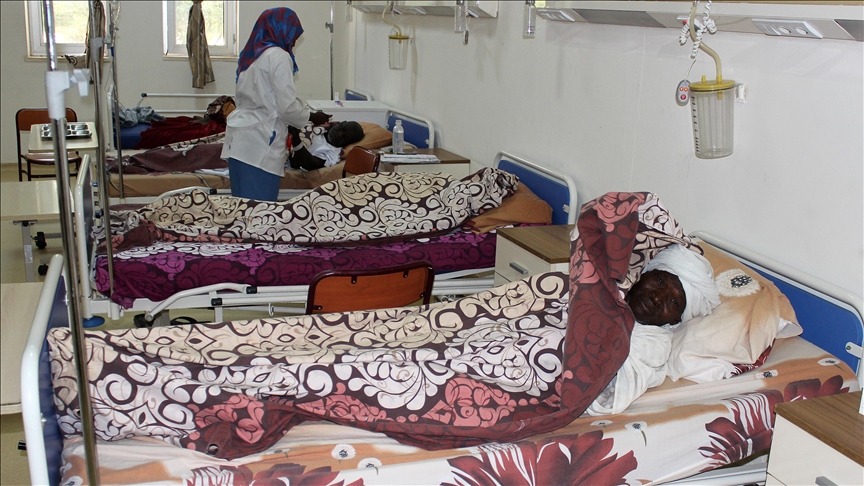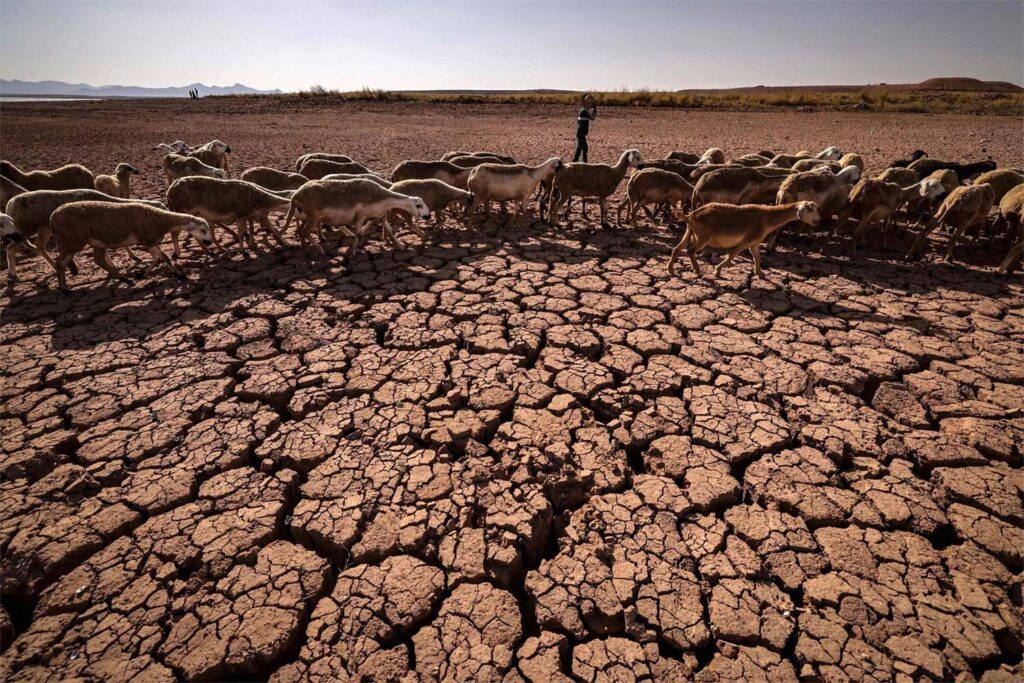
Sudan is witnessing a sharp rise in cholera and dengue fever infections, prompting urgent health warnings as the country’s fragile medical system struggles under the weight of conflict and collapsing infrastructure.
According to the Federal Emergency Operations Centre under the Ministry of Health, seven states have reported 117 cholera cases, while 2,807 cases of dengue fever have been recorded across ten states over the past week. Officials warned that the diseases are spreading rapidly, particularly in areas affected by fighting and mass displacement.
During a high-level meeting in Khartoum, Acting Health Undersecretary Ali Babiker stressed the need for immediate action to contain malaria and diphtheria outbreaks as well. He urged regional health departments to identify gaps in their responses and coordinate closely to ensure effective intervention. Babiker also highlighted the growing pressure on health facilities, many of which are struggling to operate due to damaged infrastructure and a lack of essential supplies.
Field reports presented at the meeting revealed severe challenges in medical logistics, environmental sanitation, and food safety monitoring, alongside difficulties in vaccination and quarantine efforts. A joint team assessing conditions in El-Dabba, in the Northern State, reported deteriorating health conditions among displaced populations.
Sudan’s public health crisis continues to deepen as hospitals face chronic shortages of medicine, equipment, and staff. Ongoing violence and displacement have left millions without access to clean water or basic healthcare. Health experts warn that without urgent local and international support, the country risks a full-scale outbreak of infectious diseases across several regions.




